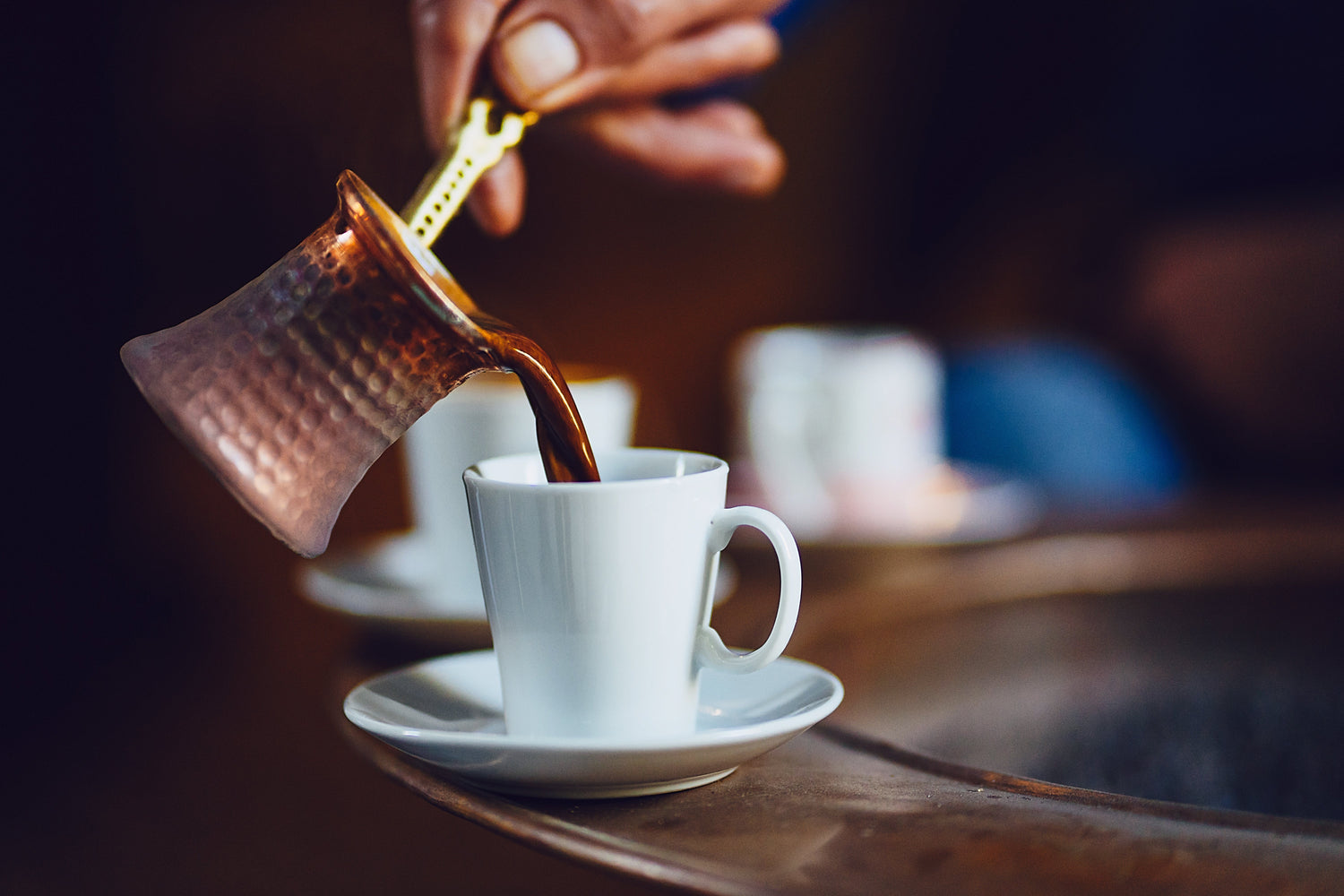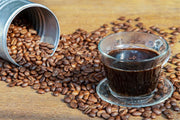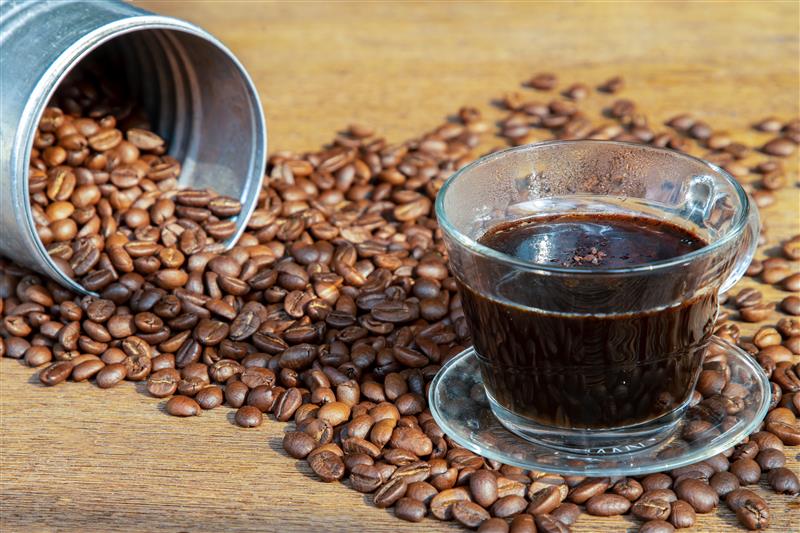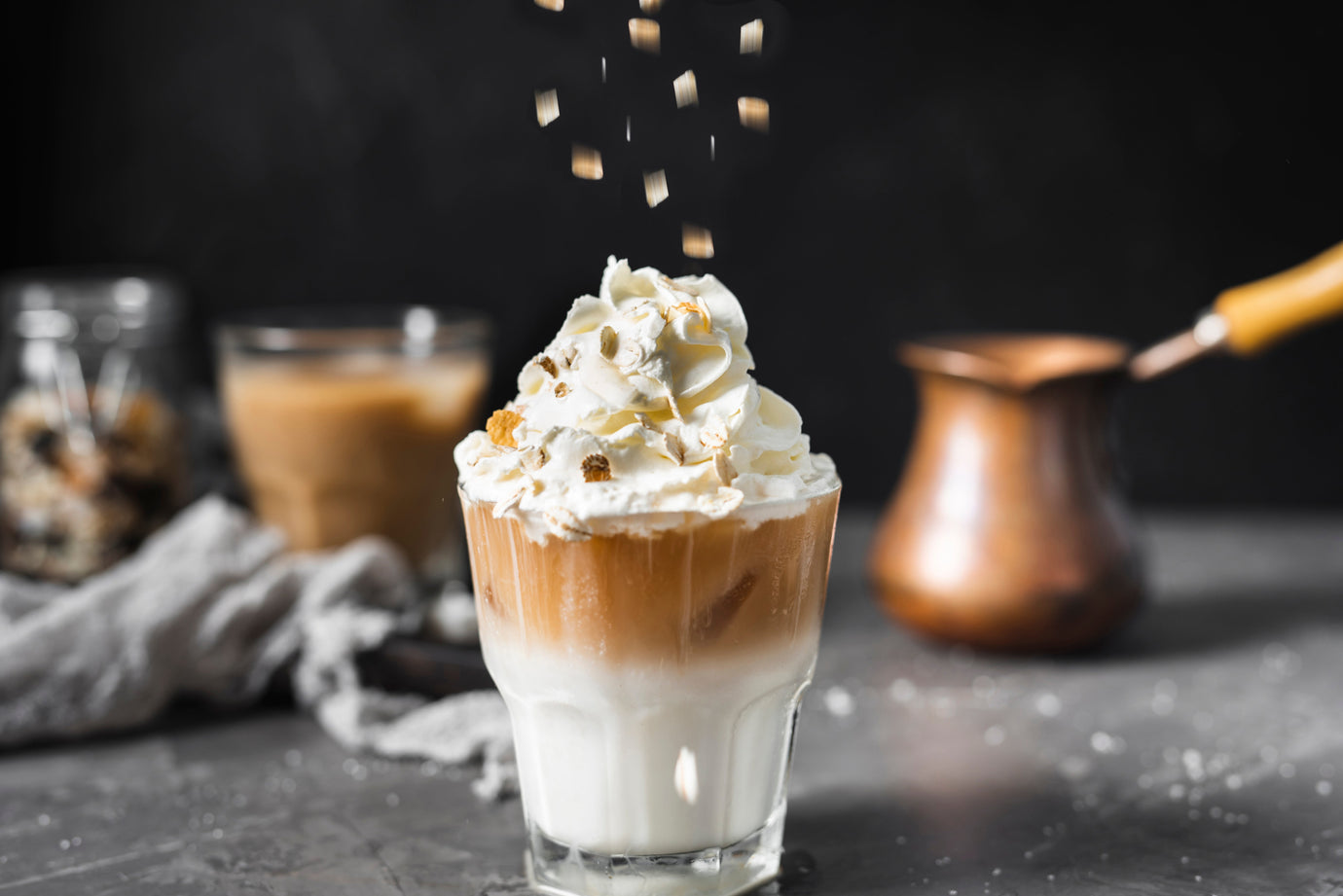Coffee or Tea: Which Brew Boosts Your Day and Soothes Your Soul?

Every morning, billions reach for a cup to kick start their day. But what's in that cup… coffee or tea?
The choice isn't just about taste; it's a cultural badge, a lifestyle marker, a personal ritual.
Today, we'll dive into the global battle of beverages and uncover whether coffee or tea reigns supreme.
Do More People Drink Coffee or Tea Worldwide?
The question of whether coffee or tea reigns supreme is a global puzzle. Tea seems to have an edge in sheer reach, especially in vast regions like Asia, where it's laced into daily life. Coffee, though, commands loyalty in bustling cities and Western hubs, its aroma a call to action.
The answer hinges on perspective. Tea's simplicity and affordability make it a staple in many homes, while coffee's allure thrives in cafes and offices. Neither fully outshines the other; both hold sway in their own corners of the world.
Tea Drinkers Vs Coffee Drinkers: A Clash of Vibes
Tea drinkers often see themselves as seekers of calm. They cherish the quiet ritual of brewing, the delicate dance of leaves in hot water. Coffee drinkers, by contrast, embrace the rush… a quick espresso shot to fuel ambition.
These stereotypes paint broad strokes. A tea lover might crave adventure, just as a coffee fan might savor introspection. Yet, the drinks seem to attract distinct tribes, each proud of their brew's unique vibe.
Tea Vs Coffee Drinkers: Social Bonds and Rituals
Tea and coffee do more than quench thirst; they forge connections. In some cultures, tea is a gesture of hospitality, served in ornate cups during gatherings. Coffee, meanwhile, powers social hubs, from cozy cafes to lively co working spaces.
The drinks shape how we interact. Tea invites lingering conversations, while coffee fuels quick catch-ups. Whether it's a tea house in Morocco or a coffee shop in Seattle, these beverages create spaces for human connection.
Tea or Coffee by Country: A Global Taste Map
Tea holds court in places steeped in tradition. In countries like China and India, it's a cultural cornerstone coffee around the world, sipped at every meal. The UK, too, pauses for tea, a ritual as British as rain.
Coffee dominates where the pace picks up. In Italy, espresso is an art form; in Brazil, it's a way of life. Some places blur the lines… think Turkey, where tea and coffee coexist in vibrant markets, each with its own loyal following.
The Coffee and Tea Market: A World of Flavors
The coffee and tea markets pulse with energy. Coffee's appeal lies in its versatility: bold espressos, creamy lattes, or chilled brews. Tea counters with endless varieties, from green to herbal, each promising a unique experience.
Innovation drives both industries. Specialty blends, eco-friendly packaging, and ready-to-drink options keep consumers hooked. Health trends also play a role, with teas marketed for calm and coffees pitched for focus.
What Percentage of People Drink Coffee?
It's hard to pin down exactly how many people choose coffee over tea. In urban centers, coffee seems ubiquitous, fueling workers and creatives alike. Its global spread, from street vendors to high-end roasters, suggests a massive following.
Yet, tea's presence is just as strong, especially in rural or traditional settings. The split feels almost even, with each drink carving out its own devoted audience across the globe.
Health and Lifestyle: The Brew's Deeper Impact
Tea often carries a reputation for serenity. Its antioxidants and gentle caffeine make it a go-to for wellness enthusiasts. Coffee, with its stronger kick, appeals to those needing a quick boost to tackle the day.
Both drinks influence lifestyle. Tea might pair with meditation or reading, while coffee aligns with deadlines and brainstorming sessions. The choice often reflects how we balance energy and calm in our lives.
The Ritual Factor: Why We Pick Our Poison
Choosing tea or coffee isn't just about flavor; it's about ritual. Brewing loose-leaf tea can feel like a sacred pause, a moment to breathe. Grinding coffee beans, meanwhile, is morning music, setting the tone for action.
These rituals anchor us. Whether it's the clink of a teacup or the hum of a coffee machine, these small acts bring comfort. They're less about the drink and more about the rhythm they create.
The Environmental Angle: Brewing with Care
Coffee and tea production carry environmental weight. Coffee farming demands vast land and water, often straining ecosystems. Tea plantations, too, can disrupt local biodiversity if not managed thoughtfully.
Yet, change is brewing. Sustainable practices, like shade-grown coffee or organic tea, are gaining ground. Consumers now seek brands that prioritize the planet, pushing both industries toward greener futures.
The Future of Coffee and Tea: What's Brewing Next?
The coffee and tea worlds are evolving fast. Expect more personalized experiences… blends tailored to your palate or mood. Plant-based milk options, like oats or almonds, are reshaping menus, blending seamlessly with both drinks.
Health-focused innovations are also on the rise. Think teas infused with calming herbs or coffees spiked with energy-boosting adaptogens. As tastes shift, these beverages will keep reinventing themselves to stay relevant.
Frequently Asked Questions
1. How do coffee and tea differ in caffeine content?
Coffee typically delivers a stronger jolt, with espresso packing a punch in small doses. Tea offers a gentler lift, often with calming compounds like L-theanine. Your choice depends on whether you want a quick buzz or a steady glow.
2. Can coffee or tea affect mood differently?
Coffee's bold caffeine hit can spark alertness but sometimes jitters. Tea, especially herbal blends, might soothe nerves or lift spirits with subtler effects. Personal reactions vary, so experiment to find your vibe.
3. Are there unique coffee or tea blends to explore globally?
Absolutely. Try Ethiopia's fruity coffee or Japan's grassy matcha for a taste of place. Each region offers distinct flavors, from India's spicy chai to Colombia's rich beans. Adventure awaits in every sip.
4. Can you mix coffee and tea in one drink?
Yes! Drinks like Hong Kong's yuenyeung blend coffee and milk tea for a sweet, bold fusion. Dirty chai, combining espresso with spiced tea, is another global favorite that bridges both worlds.
5. How do younger people view coffee vs tea?
Younger generations often see coffee as a social media star, perfect for aesthetic latte shots. Tea, especially matcha or bubble tea, draws them for its health halo and vibrant, shareable appeal.
Conclusion: A Cup for Every Heart
Coffee and tea are more than beverages; they're stories in a cup. They reflect our cultures, our habits, and our very selves. Whether you're sipping tea in a quiet moment or gulping coffee on the go, your choice speaks volumes.
So, what's your brew today?
And what does it say about you?
In this global showdown, there's no winner… just a world of flavors to savor.





